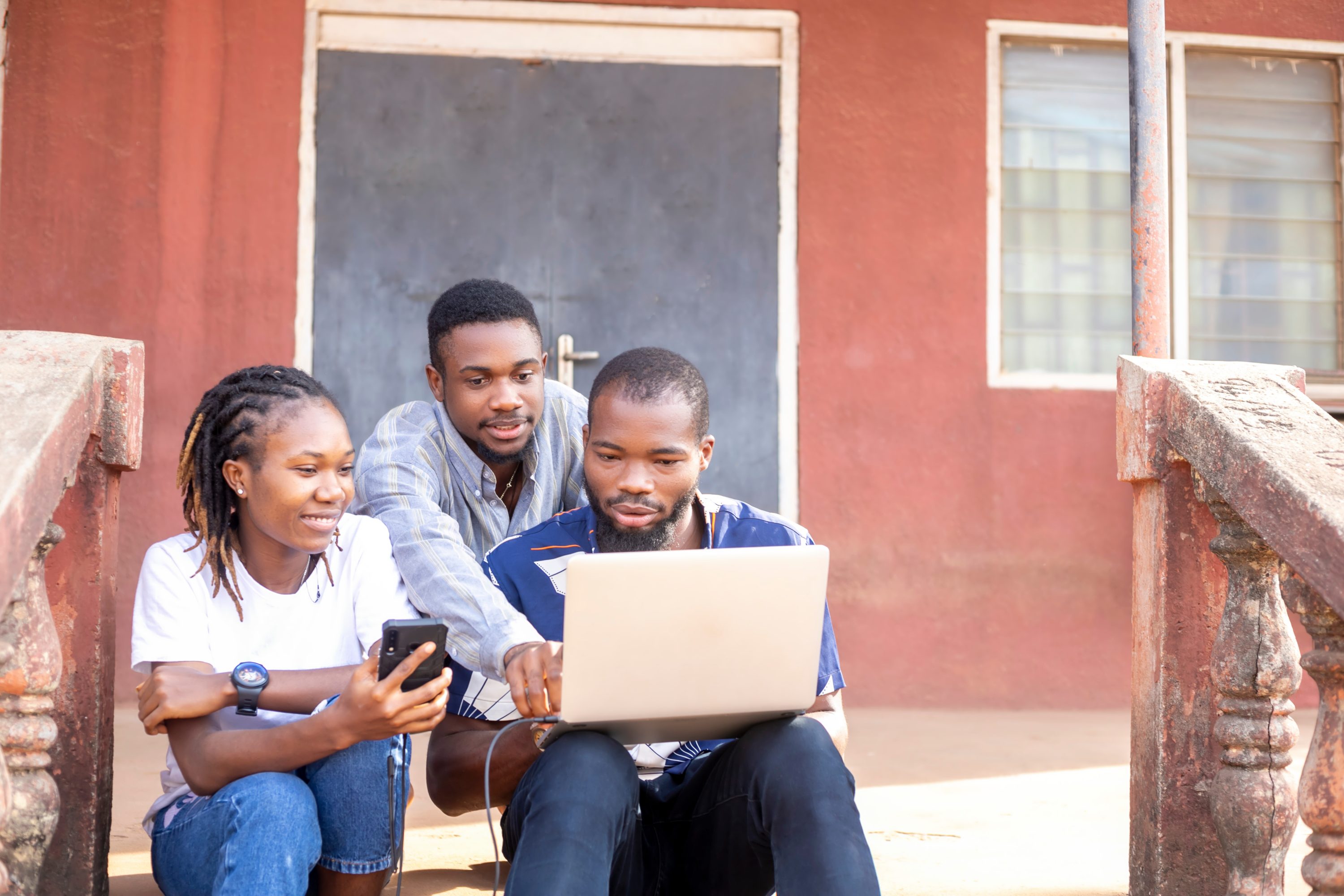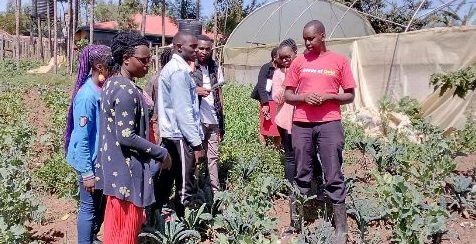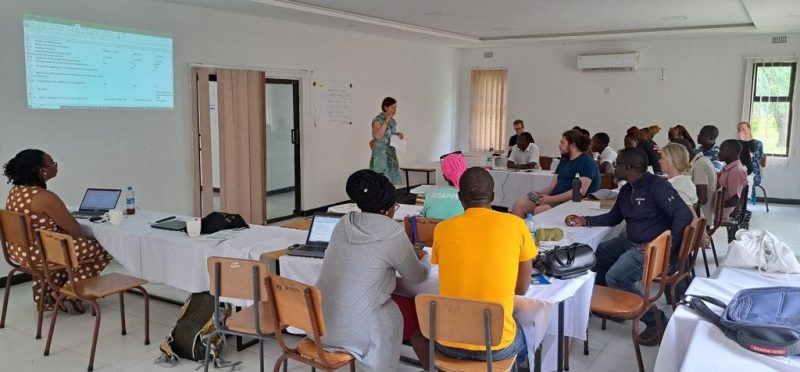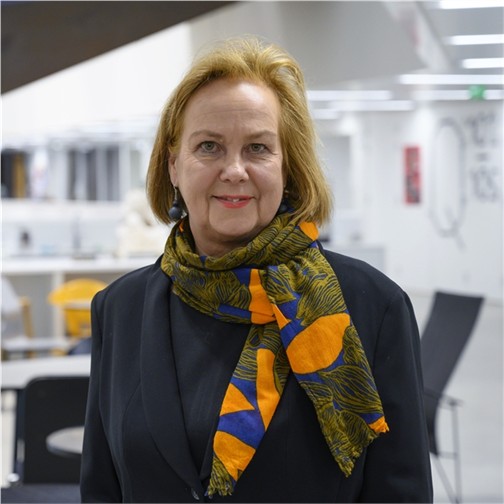Real-life based student challenges transform teaching and learning in Africa

More than 600 students have participated in the dozens of student challenges organised by HAMK in Africa. The received feedback includes an increase in students’ entrepreneurial spirit and teachers say they have learned to be more student-centered in their teaching methods.
Häme University of Applied Sciences has been reforming competence-based agri-entrepreneurship education in Africa for the past three years. Problem Based Learning (PBL) teaching method was implemented within student challenges, being a new method for most of the target groups. In PBL learning is based on solving real problems from companies instead of theoretical learning.
“Student feedback has shown that using projects based on business challenges and real-life situations to teach students increased their motivation and learning. The students also felt that their cooperation, communication and teamwork skills had improved,” says Teija Lehtonen, Senior Advisor at HAMK Bio Research Unit. .
Juliet Oryem Naome, a student at the University of Gulu in Uganda, feels that problem solving and adapting to challenges are important skills in the workplace. A Water Hyacinth student challenge in Kenya changed her thinking to become more innovative.
“Instead of just seeing problems, I see opportunities and solutions. For example, water hyacinth can be used as a material to produce biogas for fuel,” says Oryem Naome.
Alfrik Omune, a student at Jomo Kenyatta University of Agricultural Technology in Kenya, said his mindset has become more entrepreneurial and he has gained the knowledge to implement business ideas. He would like to create new products and services related to organic farming, such as converting local animal or agricultural waste into organic fertilisers.

Changed role and attitude of university lecturers
The university lecturers acted as mentors for the student challenges: their role was to support, encourage and coach the team and the students during the learning process. They also participated in the “Mentoring Mentors” training, which helped them to learn good practices from their peers.
Eng. Joseph Thokozani Mwale from Mulungushi University in Zambia says that he noticed a change in his role and attitude and learned soft and more student-centred facilitation skills through PBL.
“The students’ ownership of their own learning was surprising, and the results exceeded my expectations. The successes reinforced the idea that PBL is also suitable for use in classrooms with high student numbers,” says Thokozani Mwale.
In addition, working with local farmers and community members broadened the students’ knowledge, as they learned to see the interplay between social and environmental issues in addition to their subject matter knowledge. Cross-cultural teamwork has also been a valuable learning experience for the HAMK students involved in the student challenges.
“It was very rewarding to hear how students and mentors from different universities have worked and created something new together. They have shared with us their personal stories and the transformation in teaching and learning,” says Sam Ruhiu, PBL BioAfrica Project Local Coordinator at the University of Nairobi.
The student challenges have been implemented in collaboration between HAMK and partners in Kenya, Uganda and Zambia. The PBL Bio Africa project was managed by the Finnish National Board of Education and funded by the Ministry of Foreign Affairs, while the AgriSCALE project was funded by the Erasmus+ programme and the European Union.

More information:
